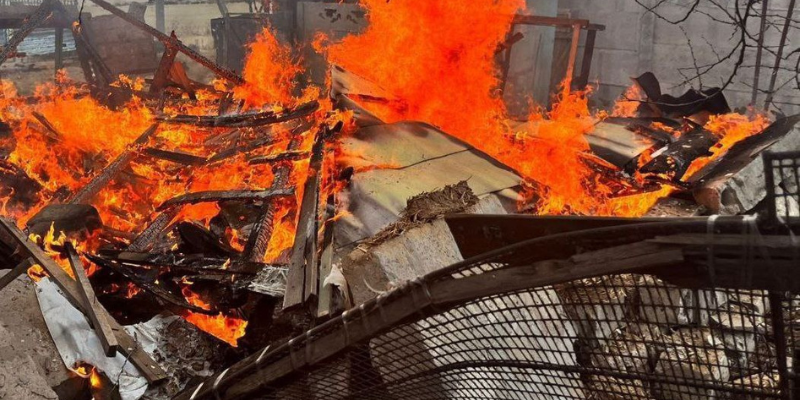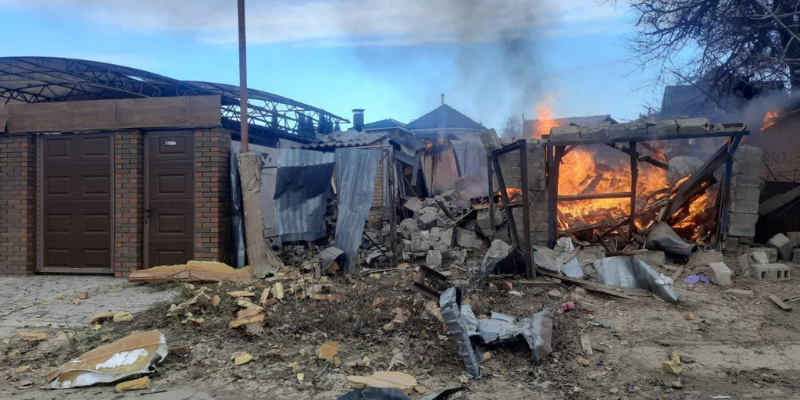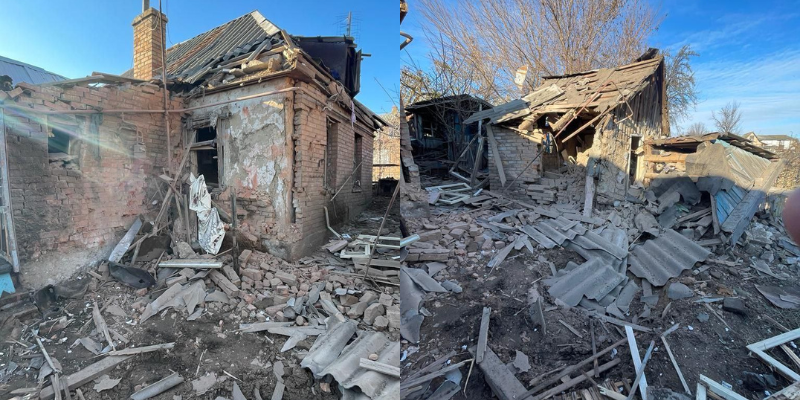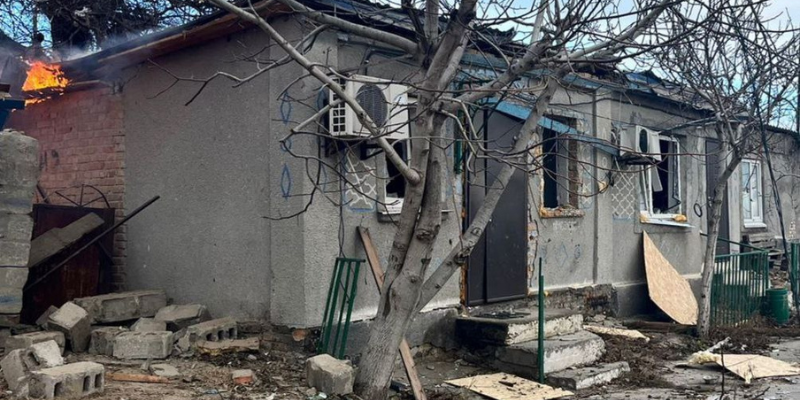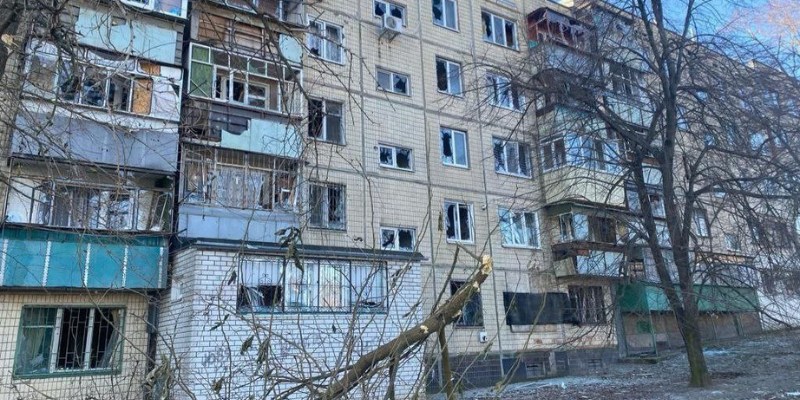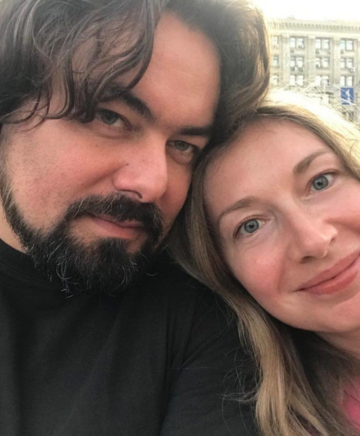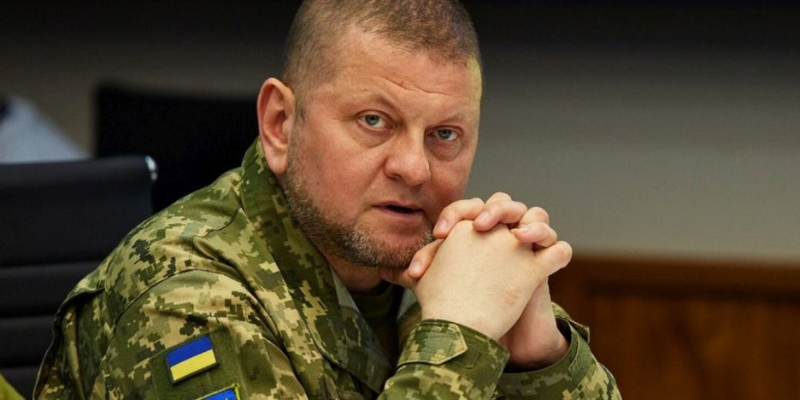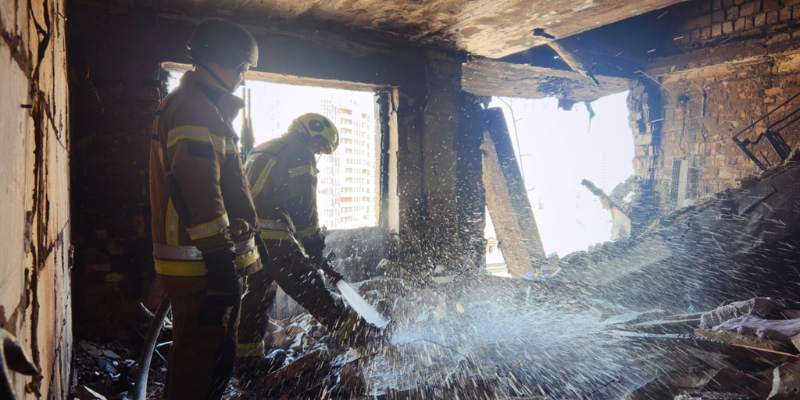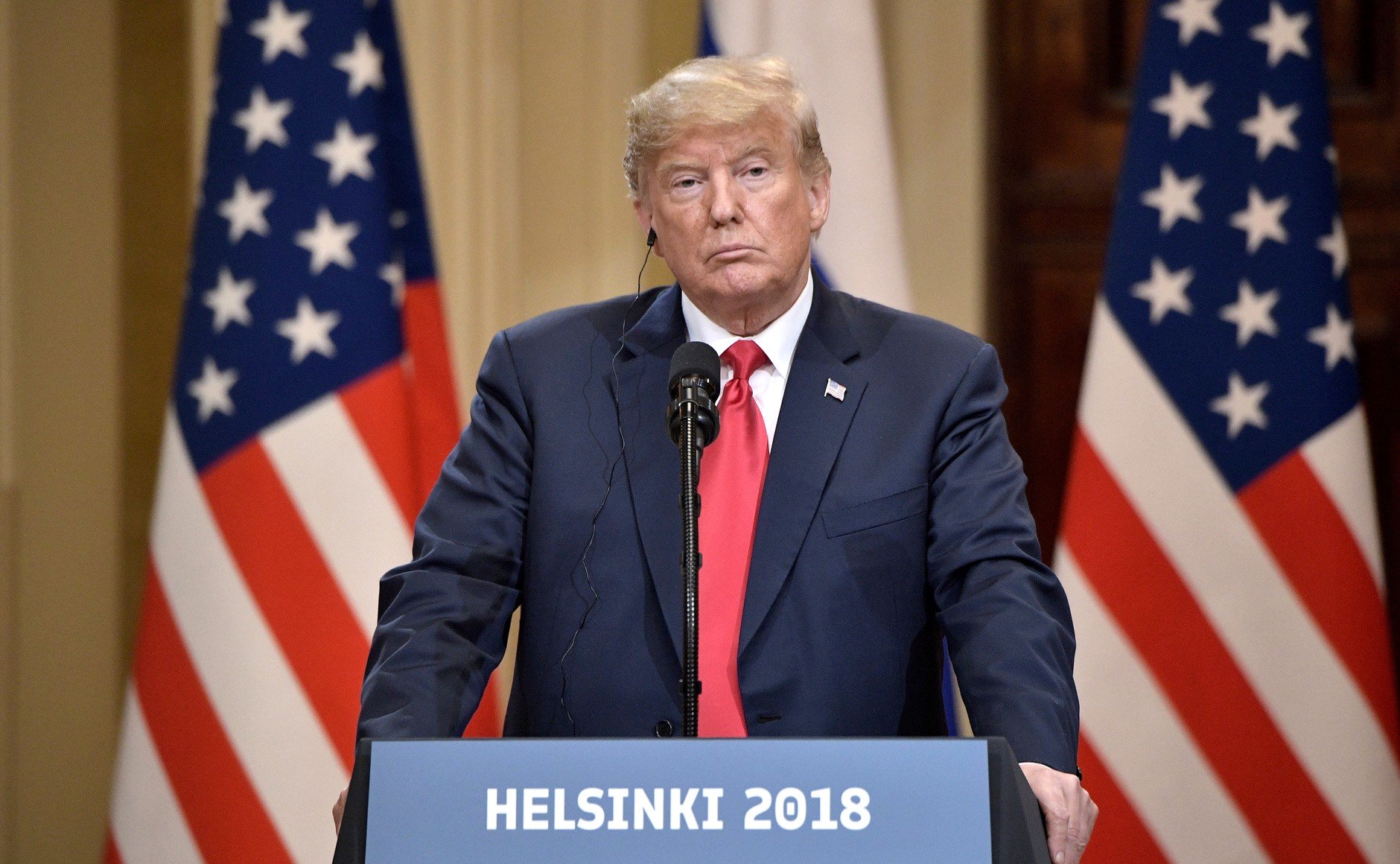The majority of Russians support the conflict in Ukraine and endorse Putin's justification for it
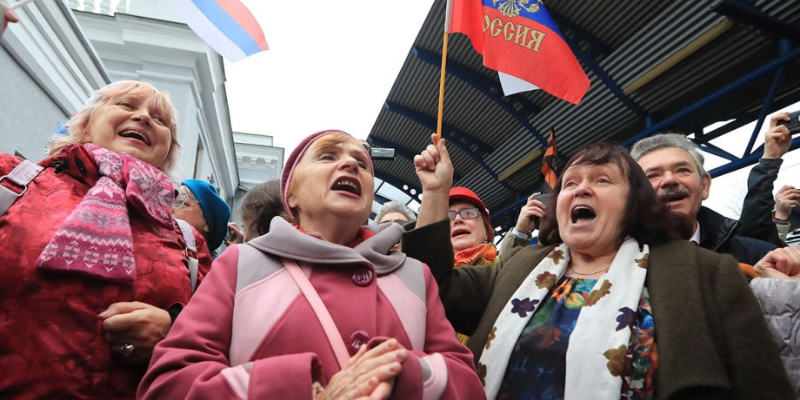
According to a report by the Carnegie Russia Eurasia Center and the Levada Center, Russians are becoming increasingly tired of the war with Ukraine, but the extent of the damage and the path to ending it remains a subject of division.
President Vladimir Putin’s popularity has not been affected by Western attempts to punish Russia for the war, as the people are not turning against him. The report states that popular discontent caused by sanctions and restrictions during wartime did not lead to the fall of Putin’s regime, contrary to some predictions.
While most Russians believe that Russia has paid a high price for the war and should not give up any of the Ukrainian territory it currently occupies, there is a motivated, active minority that strongly supports the war. These individuals, primarily older, militaristic men, often cite Russian propaganda about needing to “fight Ukrainian Nazis.” However, fewer younger men and women are fervently supportive of the war.
Despite significant casualties, the Kremlin’s control over public opinion and its ability to sustain the war can be attributed to a compliant centrist group. Although not passionately supportive of the war, this group believes in supporting the president and the military during wartime. As a result, there is growing support for repressive and restrictive laws, as the average Russian considers it their duty to support what the state deems moral and right.
The report identifies that support for the war remains stable despite military setbacks and high casualties. The military does not release up-to-date casualty figures, and propaganda channels consistently downplay battlefield failures, deny Russian atrocities, and glorify the military. The study is a follow-up to a previous in-depth analysis of the war’s first six months.
SOURCESymbolic number of the Day
The White House strategically emphasizes the financial benefits of providing military aid to Ukraine to gain Republican support from individual US states. Documents circulated by the Biden administration reveal that each state stands to gain $27 billion in investments and spending on arms production. This information is intended to sway Republican representatives who have previously voted against aid to Ukraine.
For example, Pennsylvania received $2.36 billion in aid, benefiting the state despite three of its eight Republican members of Congress voting against the support. Similarly, Texas received $1.45 billion, even though 18 out of 25 representatives opposed the aid, and Arizona received $2.2 billion despite three out of six Republicans voting against it. The White House’s $106 billion funding package, which includes $61 billion for Ukraine, is facing resistance from Republicans in the House of Representatives, particularly those aligned with former President Donald Trump. The Senate is expected to vote on the bill on December 4, but it may not be passed before 2024.
SOURCEWar in Pictures
Russian forces have launched attacks on multiple regions in Ukraine, resulting in the deaths of at least five people, including a child, and causing injuries to at least 22 others.
SOURCEVideo of the Day
The Ukrainian military published a video showing how a Russian Arrow-10 missile system tried to shoot down a Ukrainian reconnaissance drone a month ago but missed. Ukraine’s defenders tracked down and destroyed the Russian SAM using an FPV drone.
SOURCEISW report

Russian President Vladimir Putin reiterated a two-part conception of Russian identity in a speech on November 28: a “Russian nation” – claimed to include Russians, Ukrainians, and Belarusians – at the center of Russian identity; and a wider “Russian world” including other non-East Slavic ethnicities in both modern Russia and the former territory of the Soviet Union and Russian Empire.
Putin made a lengthy speech on Russian identity at the World Russian People’s Council on November 28. Putin reiterated his previous false claims that the “Russian nation” and people are composed of ethnic Russians, Belarusians, and Ukrainians who were artificially and violently divided via policy miscalculations during and after the fall of the Soviet Union, arguing Russia (the state) should unify this “Russian nation.”
Putin defined the concept of the Russkiy Mir as a union of people who feel a spiritual connection to the “Motherland,” consider themselves to be native Russian speakers, and are carriers of Russian history and culture regardless of their national or religious affiliation. Putin, however, pointed out that there cannot be Russia (as a state) or the Russkiy Mir without ethnic Russians and implied that current Russian citizens and “all other peoples who have lived and are living in [Russia]” make up Russia.
Putin geographically defined the Russkiy Mir as the Ancient Rus’ (Kyivan Rus), the Kingdom of Muscovy, the Russian Empire, the Soviet Union, and the contemporary Russian Federation, indicating that the Kremlin’s concept likely also includes “Russian compatriots” in Eastern Europe, the Caucasus, and Central Asia. Putin also expanded his definition of “Western Russophobia” to include claimed aggression against other ethnicities such as Tatars, Chechens, Yakuts, and Buryats, in addition to ethnic Russians. Putin also called on Russian federal subjects to strengthen and protect Russia’s cultural and religious diversity. Putin previously outlined similar definitions of “ethnically Russian people” in his “Historical Unity of Russians and Ukrainians” essay in July 2021.
Putin’s November 28 speech draws a clear distinction between Putin’s vision of the Russian nation as a “triune people“ composed of Russians, Belarusians, and Ukrainians, while other regional identities in Russia make up Russia as a country and shared “Russian world.“ Putin’s articulation of a Russian nation (including Ukrainians and dominated by Moscow) reiterates longstanding Kremlin justifications for its invasion of Ukraine and aggression toward its neighbors, and Putin’s claim that “western Russophobia” affects all the ethnicities in the Russian state is likely intended to rally support among Russian citizens who are not ethnically Russian for Putin’s war.
SOURCEWar Heroes
Staff Sergeant Volodymyr Chornyi, with the call sign Kara, was tragically killed near the village of Nevske in the Luhansk Oblast. He and his fellow fighters encountered a Russian tank ambush at 5:00 am, and despite their brave efforts, none of the defenders survived. Volodymyr, who was 47 years old, was born in Kropyvnytskyi, Kirovohrad Oblast, and lived in Kyiv. He had a background in graphic arts, having studied at the National Academy of Fine Arts and Architecture. He worked in the film industry as a set designer and restoration artist and pursued freelance art.
Volodymyr decided to join the ranks of the defenders of Ukraine during the full-scale war to protect his homeland from the enemy. He served in the 66th separate mechanized brigade named after Prince Mstyslav the Brave, which was part of the Armed Forces of Ukraine. Within the brigade, he served as a squad leader and chief operator.
His friends described him as someone who could bring joy to people’s lives and offer knowledge across various subjects. Volodymyr possessed a wide range of knowledge, including history, geography, art, music, technology, and science. His friends remembered him as someone who loved to travel and enjoyed participating in the caravan lifestyle. He was known to be a philosopher, artist, researcher, and possibly even a practicing Buddhist. He was always responsive to the problems of others and offered assistance whenever possible.
“Who else but me?” – this has always been Vovchyk’s motto in both civilian and military life. That’s what he said when he volunteered to go to the military enlistment office. That’s what he said when he was pulling wounded fighters out of hell, when he was smashing the occupiers to pieces, when he was liberating the Lyman, when he was cooking delicious borscht under fire to please the tired defenders. Vova’s fighters-in-arms told me: “You know, when I was eating Kara’s borscht, it seemed as if I was at home, calm, nothing was shooting, no airplanes were coming… and I was eating borscht that my wife had cooked,” said the deceased’s beloved.
The President of Ukraine posthumously awarded Volodymyr Chornyi the Order of Merit III class. He was laid to rest at the Far Eastern Cemetery in his hometown of Kropyvnytskyi. He leaves behind his mother Liudmyla, father Anatolii, civilian wife Olena, sister Olena, and her husband, as well as nephews Stas and Marhо, along with countless friends, relatives, colleagues, and fighters-in-arms.
SOURCELatest news
- Air Force reports downing all 21 Russian drones
- Kuleba to boycott OSCE meeting over Russian delegation’s presence
- The Economist: Russia is poised to take advantage of political splits in Ukraine
- Ukraine’s General Staff: 87 combat clashes on front lines, Air Force launches 16 strikes on enemy positions
- German Foreign Minister: Disappearance of war in Ukraine from public’s view is fatal
- UK intelligence claims that Russia has begun to use cluster bombs more often
